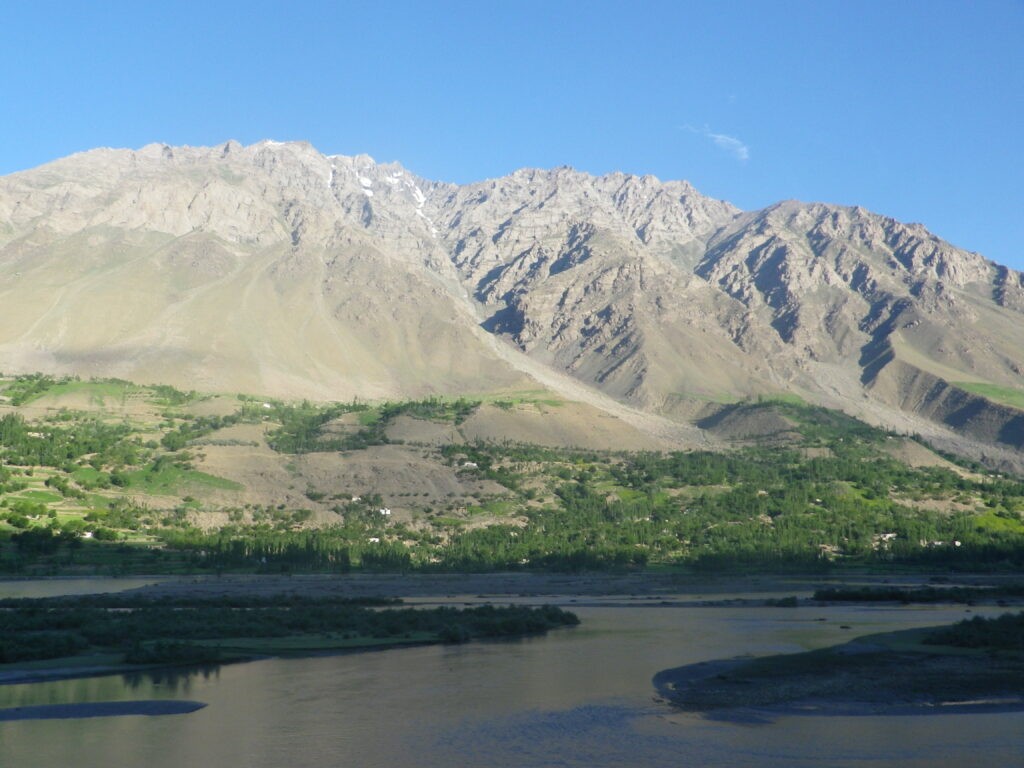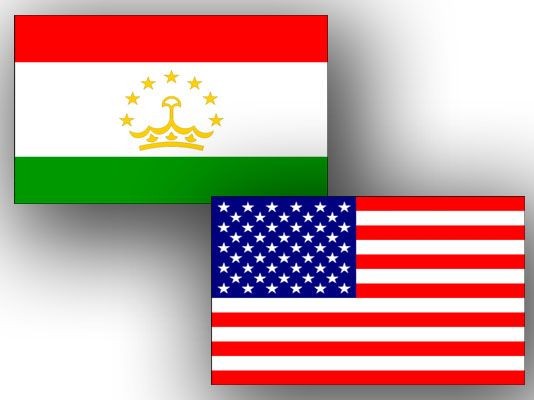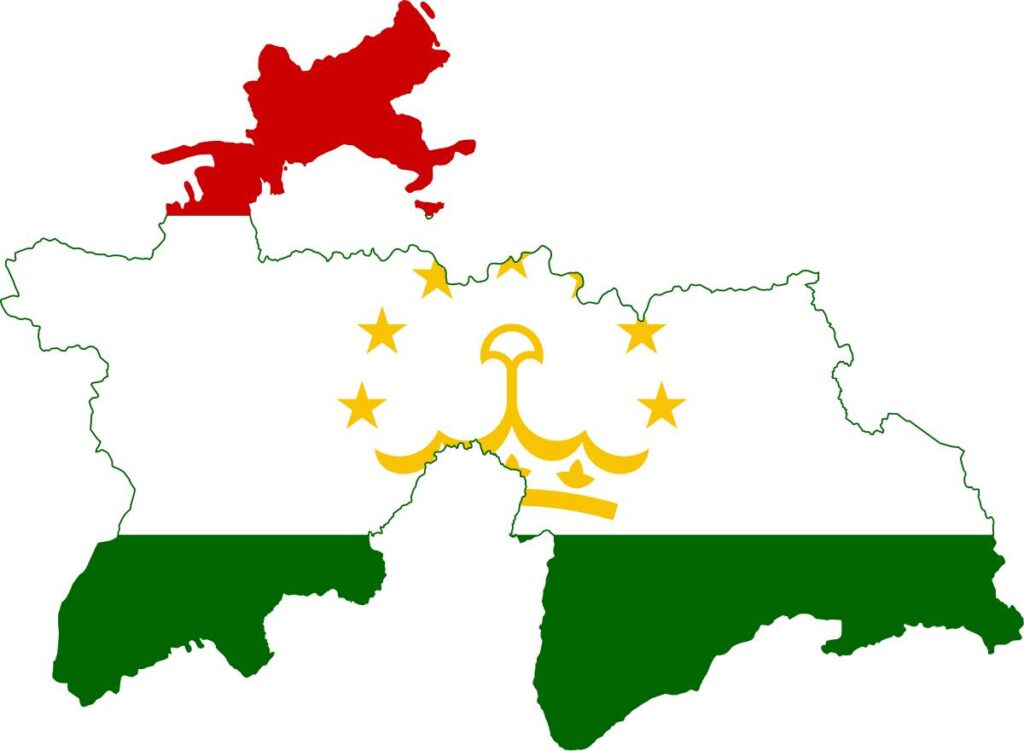Leaders of Tajikistan and Iran Deliberate on Bilateral Relations in Dushanbe
The November 8th meeting between the presidents of Tajikistan and Iran marks a significant stride toward repairing the previously strained relationship between the two nations. Held in Dushanbe, Tajikistan's capital, the talks between President Emomali Rahmon and President Ebrahim Raisi covered crucial areas of mutual interest and cooperation. Among the agreements reached during this encounter, a standout is the agreement on visa-free travel for citizens of both countries, underscoring the deep linguistic and cultural bonds that unite them. Moreover, both leaders signed memorandums of understanding focusing on transportation, the establishment of free economic zones, and collaborative efforts to combat drug trafficking. This joint approach in tackling shared challenges underscores a shared dedication to bolstering the security and prosperity of both nations. President Raisi's visit is widely seen as an effort to thaw the previously frosty relations between Tajikistan and Iran. Strains emerged after Tajikistan's 2015 decision to outlaw the Islamic Renaissance Party of Tajikistan, an action that Iran did not endorse. Nonetheless, the recent discussions and agreements suggest a potential pivot in diplomatic ties between the two nations. As highlighted by by RFE/RL's Tajik Service, this development could herald the beginning of a new phase in Tajik-Iranian relations.






